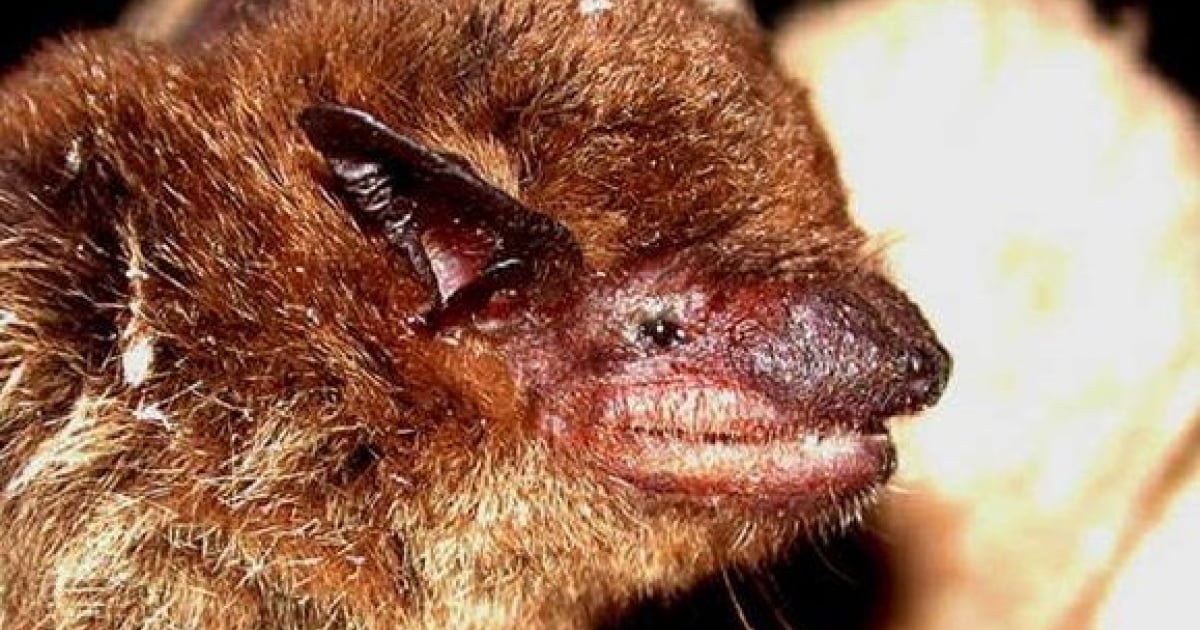A Cuban citizen was apprehended extracting bat guano from a cave in Camagüey without the necessary authorization. This action not only breaches environmental laws but also poses a significant health risk. The incident was reported by Jorge Álvarez Álvarez, the director of Cuba's Office of Regulation and Environmental Safety (ORSA). He shared on social media platform X that the inspection conducted by Cuba's Forest Rangers and ORSA found the violator engaged in this illegal activity.
"This individual, aside from violating environmental legislation, risks exposure to diseases. The necessary penalties have been enforced," Álvarez detailed. This situation highlights how, amidst Cuba's worsening economic crisis, people are forced to resort to any means necessary to earn money, even at the expense of their health.
Bat guano, primarily composed of accumulated excrement in caves, is a highly valued fertilizer due to its rich content of nitrogen, phosphorus, and potassium, essential elements for agriculture. In certain instances, it has also been used in gunpowder production due to its high nitrate content. Despite its beneficial uses, contact with these waste materials poses a health risk as it may contain fungal spores that cause serious respiratory diseases like histoplasmosis.
Unregulated Practices and Their Consequences
Moreover, unregulated extraction activities can disrupt the cave ecosystems, impacting sensitive species, including bat colonies that play a crucial role in maintaining environmental balance. In the midst of Cuba's deep economic crisis, citizens have turned to unusual methods to generate income, from selling hair to marketing pea stew on the streets.
In Santiago de Cuba, the sale of natural hair has reached staggering prices, with bundles being sold for up to 300,000 Cuban pesos. This phenomenon underscores not only the scarcity of resources but also the urgent need for quick cash amid rampant inflation. Many have turned to cutting and selling their hair to cover basic expenses or family emergencies.
Conversely, in Santiago de Cuba, a man has started selling pea stew right on the street, something uncommon on the island. The vendor's call, offering the hot dish to passersby, has become an unusual sight that highlights the population's desperation to access basic foodstuffs. With frequent blackouts and shortages of gas and electricity, many see this option as a way to secure a meal without needing to cook at home.
Children and the Struggle for Survival
The crisis has particularly impacted children, who are increasingly having to contribute financially to their families. In Havana, two brothers have been seen selling candies on the streets to help their grandmother. Their dream is to save enough to buy a bicycle to ease their journey to school. This image of working minors has become a common sight across the country, contradicting the official narrative that child labor does not exist in Cuba.
Adding to these scenarios are illegal and hazardous activities such as illicit mining, which has spread to various provinces, including Las Tunas. The unlawful extraction of gold not only endangers those who engage in it but also causes severe environmental damage due to the use of highly contaminating chemicals. Despite authorities' efforts to curb these practices, the lack of job opportunities forces many Cubans to risk engaging in illegal activities to survive.
These stories reflect the ingenuity, desperation, and resilience of Cubans facing a relentless crisis. With the economy in free fall and no short-term improvement in sight, the population continues to seek survival methods that were once unimaginable.
Understanding Bat Guano: Uses and Risks
Why is bat guano valuable?
Bat guano is highly valued as a fertilizer due to its rich content of nitrogen, phosphorus, and potassium, which are crucial for plant growth.
What are the health risks associated with bat guano?
Contact with bat guano can be dangerous as it may contain fungal spores that could cause respiratory diseases like histoplasmosis.
How does illegal guano extraction impact the environment?
Unregulated guano extraction can disrupt cave ecosystems, adversely affecting sensitive species such as bat colonies crucial for ecological balance.
